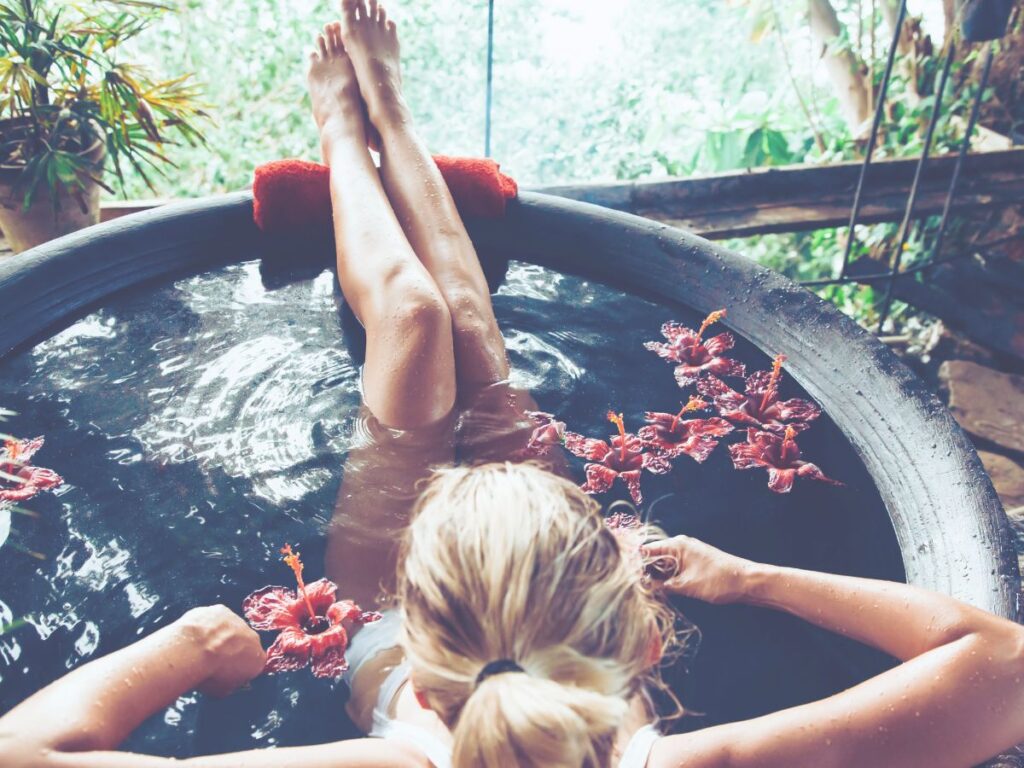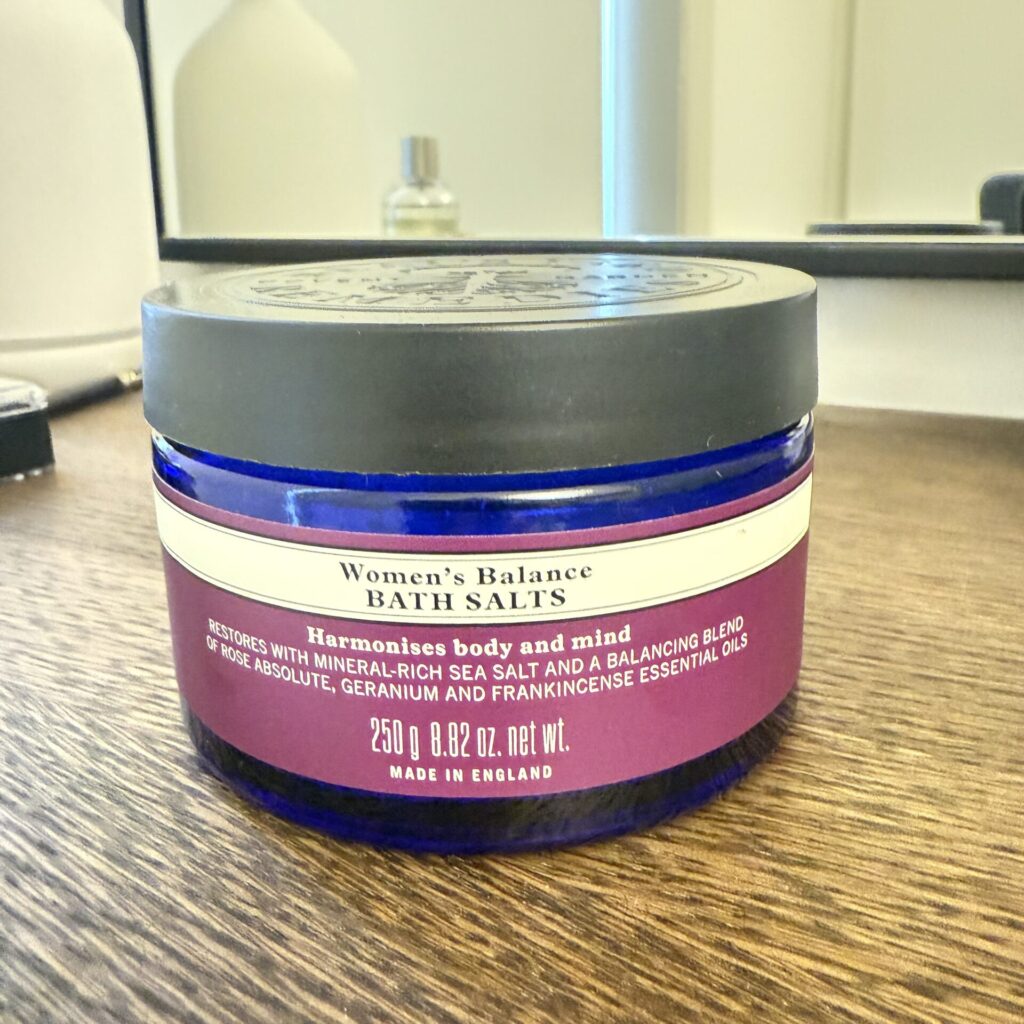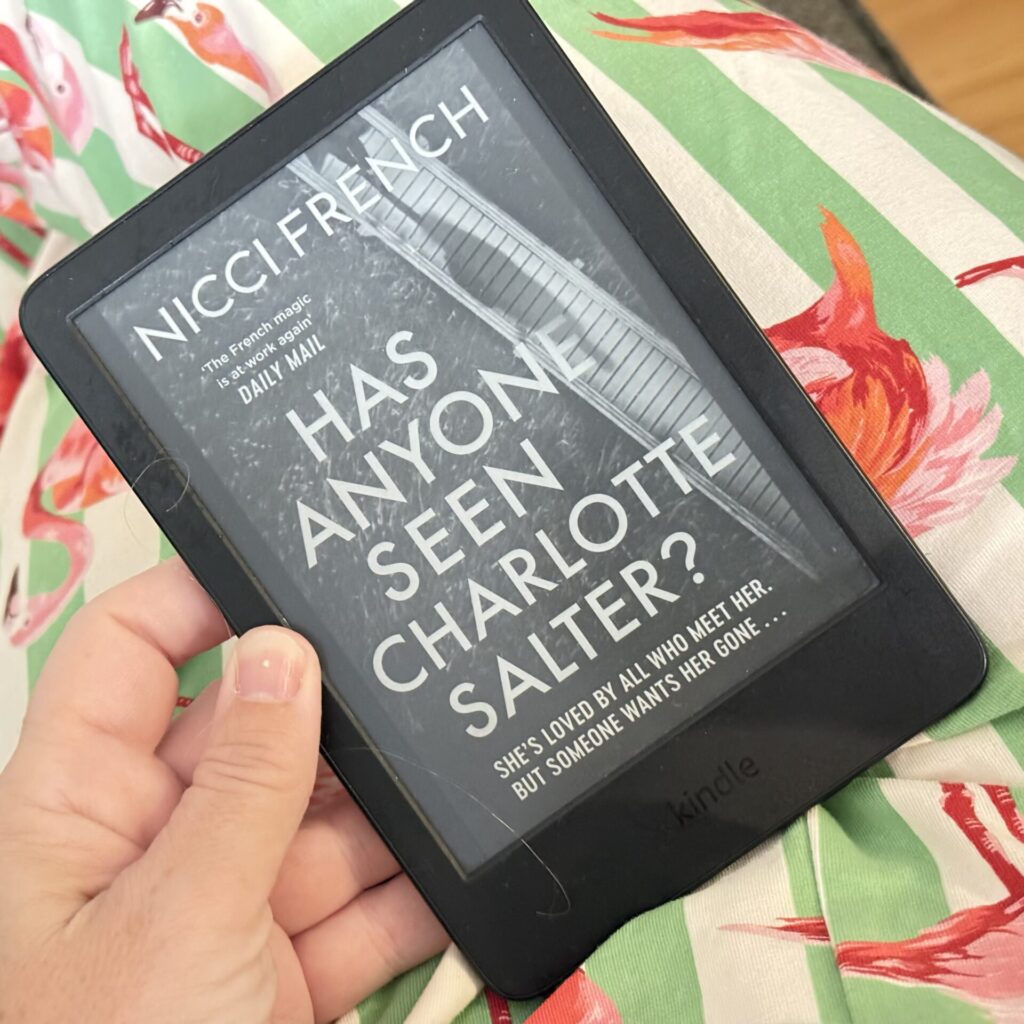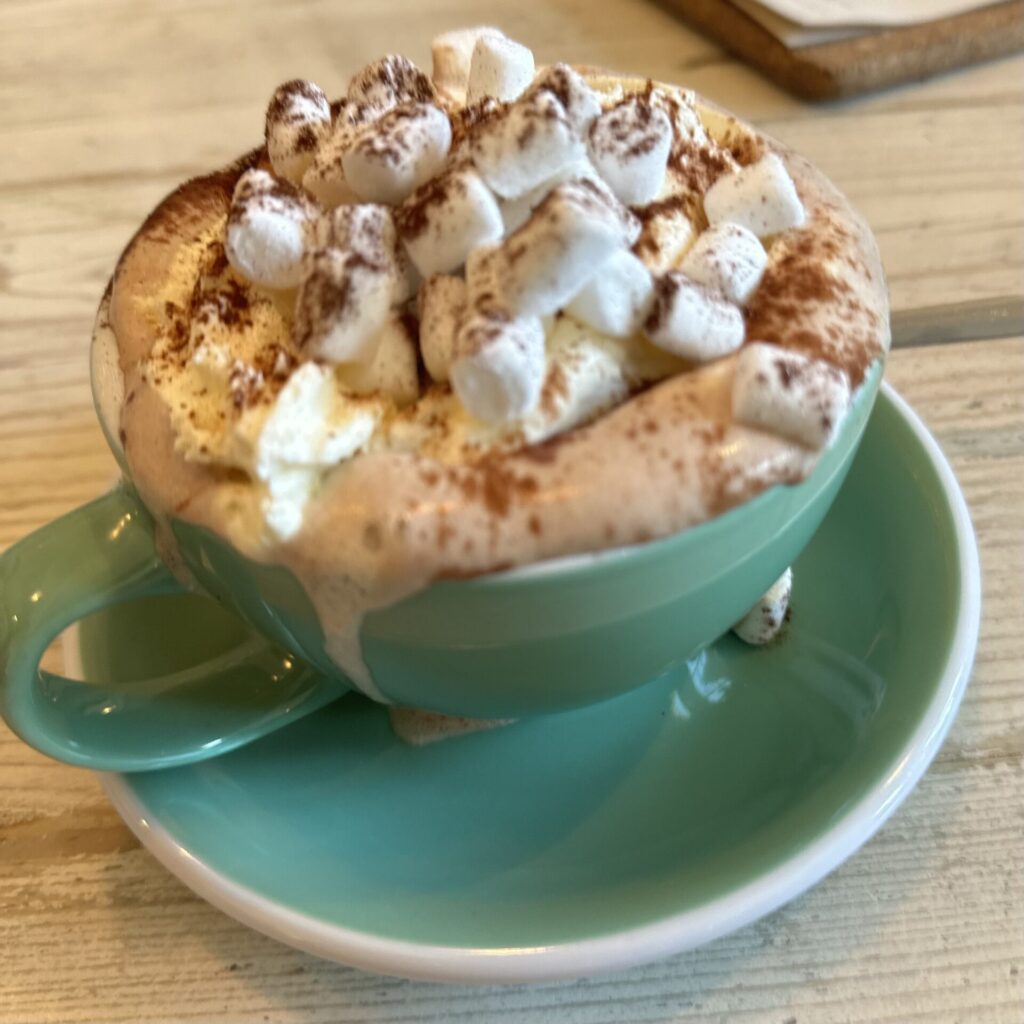
I recently had therapy – don’t worry, you’re not getting a dump of my inner most thoughts and anxieties. In one session, I was asked to do something indulgent, just for me, before my next session. Excellent, I thought. I love a task, a challenge! And how lovely to be given permission to be indulgent.
What does indulgent mean?
My mind immediately jumped to the extravagant — a weekend at a boutique hotel? a spa day with all the treatments? maybe a new outfit? or that Michelin star restaurant/tasting menu I’ve had on my wish list? The indulgent, expensive, extravagant ideas came easily.
But as I sat with it, I realised I might be missing the point.
Indulgent is a curious word. It often carries an edge of guilt — we talk about “over-indulging” when we’ve eaten too much, spent too much, or taken more rest than we think we deserve. As I mulled over the task ahead of me, I realised that being indulgent didn’t have to be extravagant or excessive. And it became clear that the point of the task was do to something for me that felt good, that generated positive feelings. Something out of my normal routine. It wasn’t about excess, it was about true self-care, small pleasures. And most importantly, it was about giving myself permission.
The Psychology
Research shows that regular, small pleasures (lets also call them indulgence) can boost mental health, increase resilience, and improve emotional regulation.
In fact, Verywell Mind explains that indulging in everyday luxuries – like a walk in nature, a favourite candle (unless you’re me, I have a phobia) or 20 mins with a novel – can help lower stress and create a buffer against burnout.
And according to Psychology Today, people who allow themselves occasional indulgences often have better self-control in the long run than those who rely solely on restriction. Because deprivation leads to resentment. Balance, on the other hand, builds trust with yourself.
Little luxuries aren’t frivolous—they’re protective.
Verywell Mind - May 2024
Redefining Indulgence
And so I learned, being indulgent isn’t about being frivolous—not really. It doesn’t have to be a reckless splurge that leaves you eating beans on toast for the next month. It’s about making time for things that bring happiness, joy, and a bit of peace in a world that constantly demands performance and productivity.
In fact, building small pleasures into your every day is one of the kindest things you can do for yourself. A few quiet minutes with a book, a walk in the fresh air, your favourite snack or song—these aren’t luxuries, they’re essentials. It’s not self-indulgent. It’s self-care and self-support. And we all need more of that.
These are just some of my small indulgences:
- Enjoying a morning coffee in silence
- Prioritising rest when I need it - an afternoon nap or an early night
- Buying myself bright beautiful flowers because they make me feel happy
- Taking a longer walk just because it clears my head and gets me out in nature
- Soaking in the bath with some lovely essential oils (my favourite)
- Spending an afternoon on the couch reading or binge watching a box set
- Enjoying a delicious hot chocolate (another favourite)
In a midlife interrupted – whether its through perimenopause/menopause, illness, cancer, career changes and caring for family old and young or a combination of the lot – indulgence, small pleasures and true self-care, are essential.
So what did I actually do? And how did I complete the task?
After a bit of thought, I realised I needed to really unplug for a short period. I booked into a float spa and floated in complete silence for almost an hour. It was heaven, it was peaceful, it was restorative.
Since then, I’ve tried to build in some indulgence into every week, every day even.



